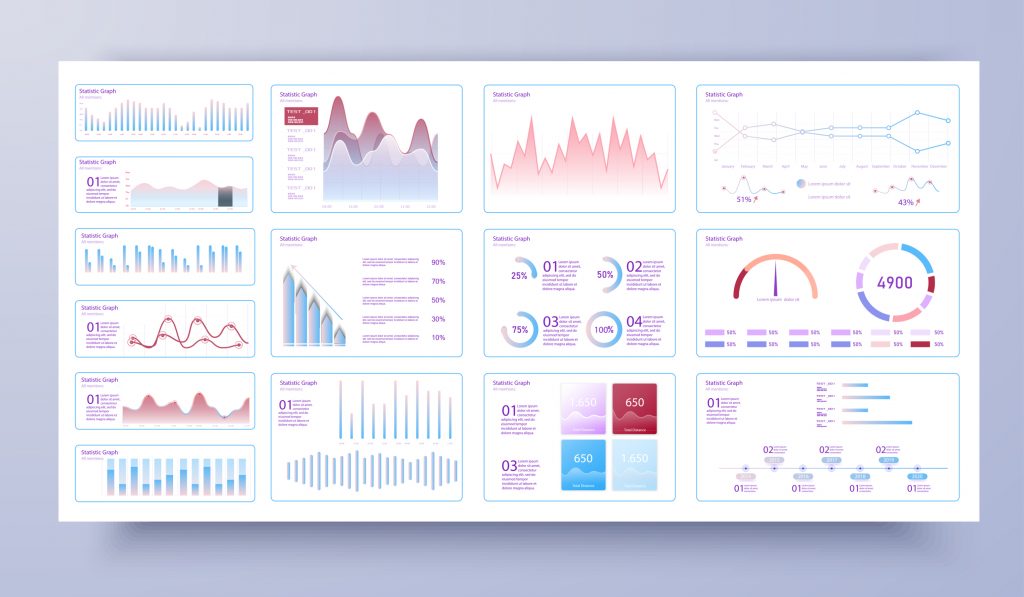
Introduction
In today’s fast-paced business environment, companies are constantly searching for ways to streamline operations, reduce costs, and enhance productivity. One of the most effective solutions is the integration of Artificial Intelligence (AI) into business processes. AI-driven automation not only optimizes workflows but also improves decision-making and enables businesses to scale more efficiently.
In this blog, we’ll explore how AI can transform business processes by automating tasks and driving efficiency across various functions. We’ll also highlight key benefits, challenges, and practical applications of AI in business process automation.
Follow us our Facebook.
M4siz specialise in innovating business technology and process, why not get in contact with us using our contact form.
The Role of AI in Business Process Automation
AI-driven automation is not just about replacing manual tasks; it’s about enhancing the way businesses operate. Here are several ways AI can improve business processes:
1.Automating Repetitive Tasks
One of the most immediate and impactful uses of AI in business is the automation of repetitive tasks. Tools like Robotic Process Automation (RPA) can handle mundane tasks such as data entry, invoice processing, and customer service inquiries. This allows employees to focus on higher-value activities that require human creativity and problem-solving skills.
For example, AI-powered bots can automate data extraction from forms or invoices, reducing human error and speeding up workflows. This not only improves operational efficiency but also reduces costs associated with manual labour.
2. Enhancing Decision-Making with Data Insights
AI excels at processing vast amounts of data quickly and accurately. By analysing historical data, machine learning algorithms can identify patterns, trends, and insights that inform better decision-making. AI tools can predict customer behaviour, optimize supply chains, or even detect fraud in real-time.
For instance, predictive analytics powered by AI allows businesses to forecast demand more accurately, helping them adjust inventory levels accordingly. This leads to reduced waste and improved customer satisfaction.
3. Streamlining Customer Service
AI-powered chatbots and virtual assistants are revolutionizing customer service by providing instant responses to common queries 24/7. These tools not only reduce wait times but also improve customer satisfaction by offering personalized assistance based on previous interactions.
Additionally, AI can monitor call centre interactions to ensure consistent service quality. By analysing tone, sentiment, and response times, businesses can continuously improve their customer support processes.
4. Optimizing Workflow Efficiency
AI plays a crucial role in optimizing workflow efficiency by identifying bottlenecks and inefficiencies within processes. Through techniques like **process mining**, AI analyses event logs to provide real-time insights into how processes are executed.
For example, AI can monitor production lines in manufacturing settings to detect delays or inefficiencies before they escalate into larger issues. By continuously optimizing workflows based on real-time data analysis, businesses can achieve higher efficiency levels.

5. Improving Product Development
AI’s role in product development is especially significant in industries such as manufacturing and design through techniques like **generative design**. By inputting specific design goals into an AI system, businesses can generate multiple design variations quickly.
This reduces the need for physical prototypes and accelerates time-to-market for new products. Moreover, AI tools can simulate different scenarios to test product performance under various conditions before production begins.
Suggested Image: A computer screen showing different product designs generated by AI software.
6. Automating Content Generation
Content creation is another area where AI is making significant strides. Tools like natural language processing (NLP) can generate thousands of lines of copy within seconds—whether it’s product descriptions for e-commerce platforms or marketing content for social media campaigns.
By automating content generation tasks, businesses save time while maintaining consistency across their communication channels.
Suggested Image: A digital assistant generating text on a computer screen.
Key Benefits of AI-Driven Automation
By integrating AI into business processes, companies can achieve several key benefits:
- Increased Productivity: Automation allows employees to focus on higher-value tasks while repetitive processes are handled by AI.
- Reduced Errors: Human errors in data entry or manual processing are minimized when tasks are automated with precise algorithms.
- Cost Savings: Automating routine tasks reduces labour costs and increases operational efficiency.
- Improved Decision-Making: With real-time data analysis, businesses can make faster and more informed decisions.
- Scalability: AI-driven automation allows businesses to scale operations without proportionally increasing headcount.
Challenges to Consider
While the benefits of AI in business process automation are mainly obvious, there are challenges that companies must address:
- Complexity in Implementation: Integrating AI into existing systems requires careful planning.
- Data Privacy Concerns: Handling sensitive data with AI requires robust security measures.
- Technology Dependence: Over-reliance on automated systems may pose risks if systems fail or require updates.
Conclusion
Integrating Artificial Intelligence into business processes offers immense potential for improving efficiency, reducing costs, and enhancing decision-making capabilities. From automating repetitive tasks to optimizing workflows with real-time insights, the benefits of using AI are clear across industries.
By addressing potential challenges—such as implementation complexity and data privacy concerns—companies can fully leverage the power of AI-driven automation to stay competitive in today’s fast-paced market.
Enjoy reading our software development solutions and technology blog ? Send us a review if you thought them interesting and helpful.
If you have any questions or want to explore a potential project with us, it is a simple reach out by phone or contact form.
M4siz publishes additional information, blogs and campaign information on our Campaign Content Microsite and on our Blogger site.

